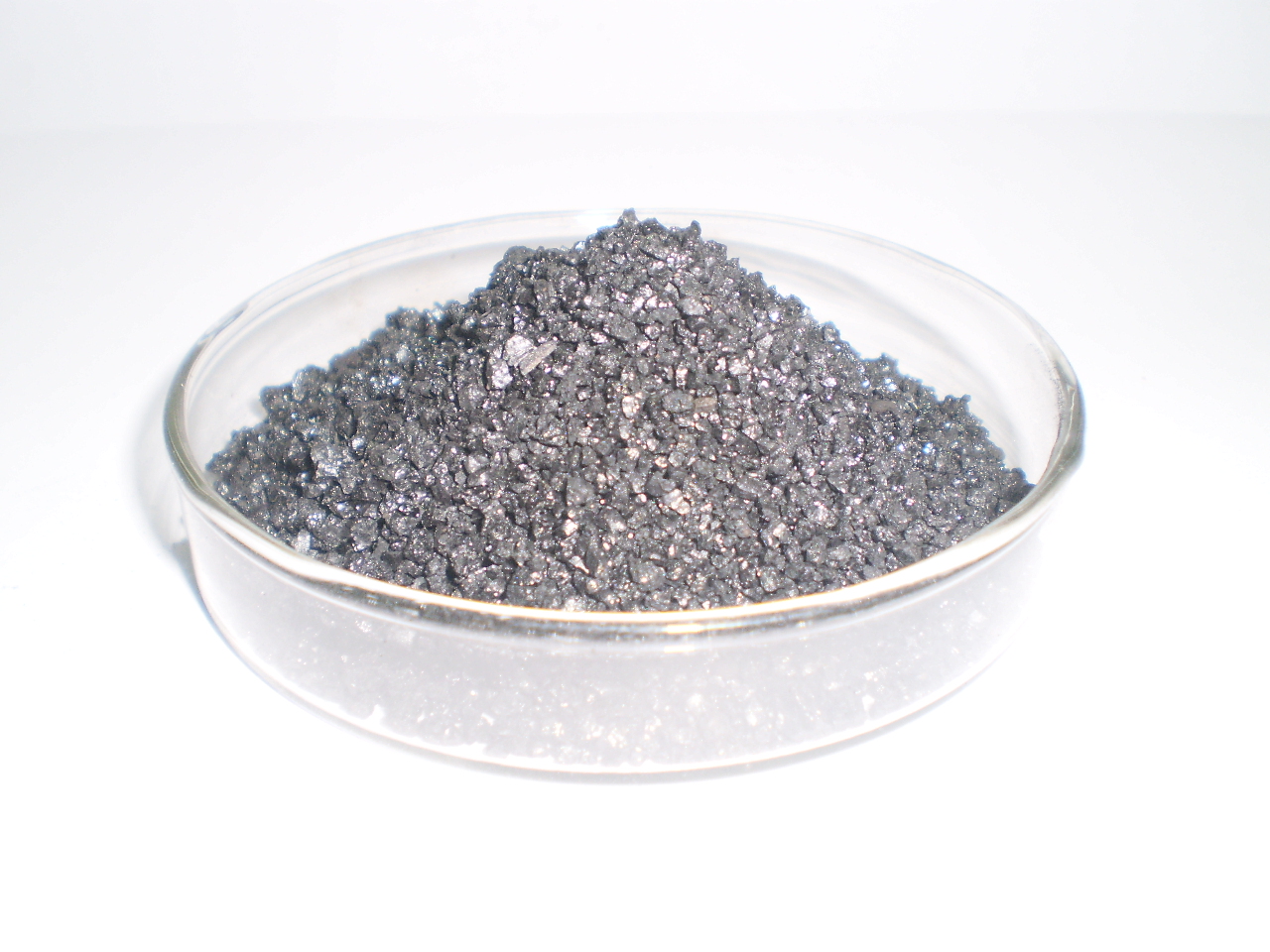Stimulate the role of growth metabolism.
Potassium humate contains a variety of active functional genes, which can enhance the activity of catalase and polyphenol oxidase in crops, stimulate physiological metabolism and promote growth and development.
For example, potassium humate can promote early germination of seeds, and the emergence rate is high, especially at low temperatures; it can stimulate the division and growth of root meristem cells, so that the roots of the seedlings are fast, the roots are increased, the roots are increased, and the roots are elongated. To increase the ability of crops to absorb water and nutrients.
Change the characteristics of fertilizers.
Potassium humate contains carboxyl, phenolic hydroxyl and other functional groups, has strong ion exchange and adsorption capacity, can make ammonium bicarbonate reduce the loss of ammonium nitrogen, and improve the utilization rate of nitrogen fertilizer. Inhibits urinary enzyme activity and reduces urea volatilization.
Increase the distance of phosphorus movement in the soil, inhibit the fixation of water-soluble phosphorus in the soil, convert the available phosphorus into delayed-effect phosphorus, and promote the absorption of phosphorus by roots.
Potassium humate functional group can absorb potassium ions, slow down the potassium fertilizer, increase the release of potassium, and increase the content of available potassium. Humic acid and insoluble trace elements can undergo a kneading reaction to form a humic acid trace element chelate which is well soluble and can be absorbed by crops, thereby facilitating the absorption of trace elements by roots and leaves.
Improve the soil structure.
Potassium humate can promote the formation of soil aggregate structure, regulate soil pH, regulate soil water, fertilizer, gas and heat, increase soil exchange capacity, achieve acid-base balance, improve soil water retention and fertilizer retention, and promote soil microbial activities.
Increase the number of aerobic bacteria, actinomycetes, and cellulolytic bacteria, accelerate the decomposition and conversion of organic substances, promote the release of nutrients, and facilitate the absorption of nutrients by crops.
Enhance the resistance to stress.
Potassium humate can reduce the stomatal opening strength of plant leaves, reduce leaf transpiration, thereby reducing water consumption, improving the water status of plants, ensuring normal growth and development of crops under drought conditions, and enhancing drought resistance. Potassium humate has a high activity and inhibits fungi.
It can enhance the coldness of crops, is easily adsorbed by cell membranes, changes cell membrane permeability, promotes the absorption of inorganic nutrients, prevents rot disease, root rot, and reduces pests and diseases.
Improve the quality of seeds.
Potassium humate forms complexes or chelates with trace elements, increases the amount of trace elements moving from root to leaf or other parts, regulates the ratio and balance of macroelements and trace elements, and strengthens enzymes for sugar, starch, and protein. , the synthesis of fat and various vitamins.
Potassium humate can promote the activity of enzymes, convert polysaccharides into soluble monosaccharides, increase the synthesis and accumulation of starch, protein and fatty substances, accelerate the metabolism of various primary products from stems or roots to fruits and seeds, and make fruits full. ,thick.

